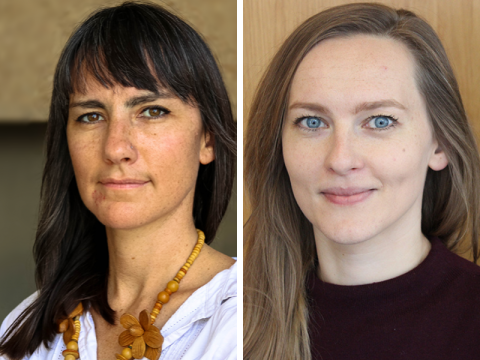MAC Faculty Receive Supplemental Grants to Broaden the Scope of Ongoing Maternal Mortality Research
This fall, MAC Associate Director Maeve Wallace and her team received two supplemental grants from the National Institutes of Health to enhance the scope and impact of their ongoing research on maternal mortality in the US. One of the supplements, led by MAC research faculty Dovile Vilda, will examine whether states that enact laws prohibiting firearm ownership by people convicted of domestic violence or under domestic violence restraining orders will have fewer maternal homicides in subsequent years as a result. This work expands the team’s efforts to identify and promote interventions that may prevent violent maternal deaths.
Last year, Congress reached a spending agreement that includes $25 million for gun violence research, ending a 24-year ban. “We are thrilled to be among the first cohort of researchers to receive these funds in order to evaluate the degree to which state gun policies can prevent violent maternal deaths. Homicide is a leading cause of death among women who are pregnant or have recently given birth, and most of these deaths involve firearms,” said Dr. Vilda. “Our ultimate goal is to provide evidence for lawmakers across the country looking for ways to address high and rising rates of maternal mortality.”
The second supplement, led by Associate Professor Emily Harville of the Department of Epidemiology, seeks to apply machine learning in order to identify factors related to maternal mortality from among social, physical, and chemical environmental data. This work applies an exposome-wide approach, an attempt capture the diversity and range of exposures that individuals may experience in their lifetime. Partners on this project are Dr. Paul Juarez of Meharry Medical College and Dr. Mike Langston of the University of Tennessee who, together with Dr. Harville and a larger team of researchers, have led development of the exposome methodology and its application to population health research. “This is an exciting opportunity to apply cutting-edge computational methods to look at many exposures simultaneously,” said Dr Harville. “We hope we will get new insights into how all aspects of the environment come together to create disparities in maternal mortality.”

